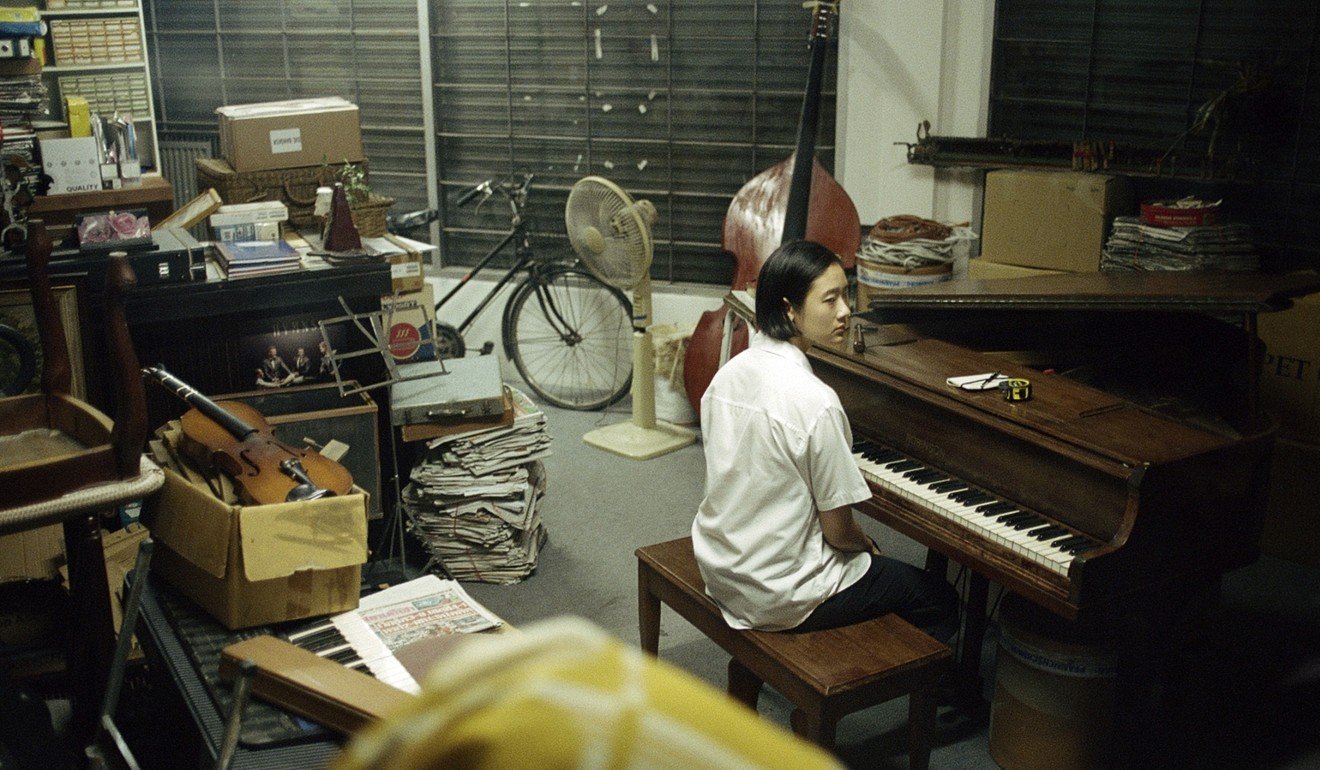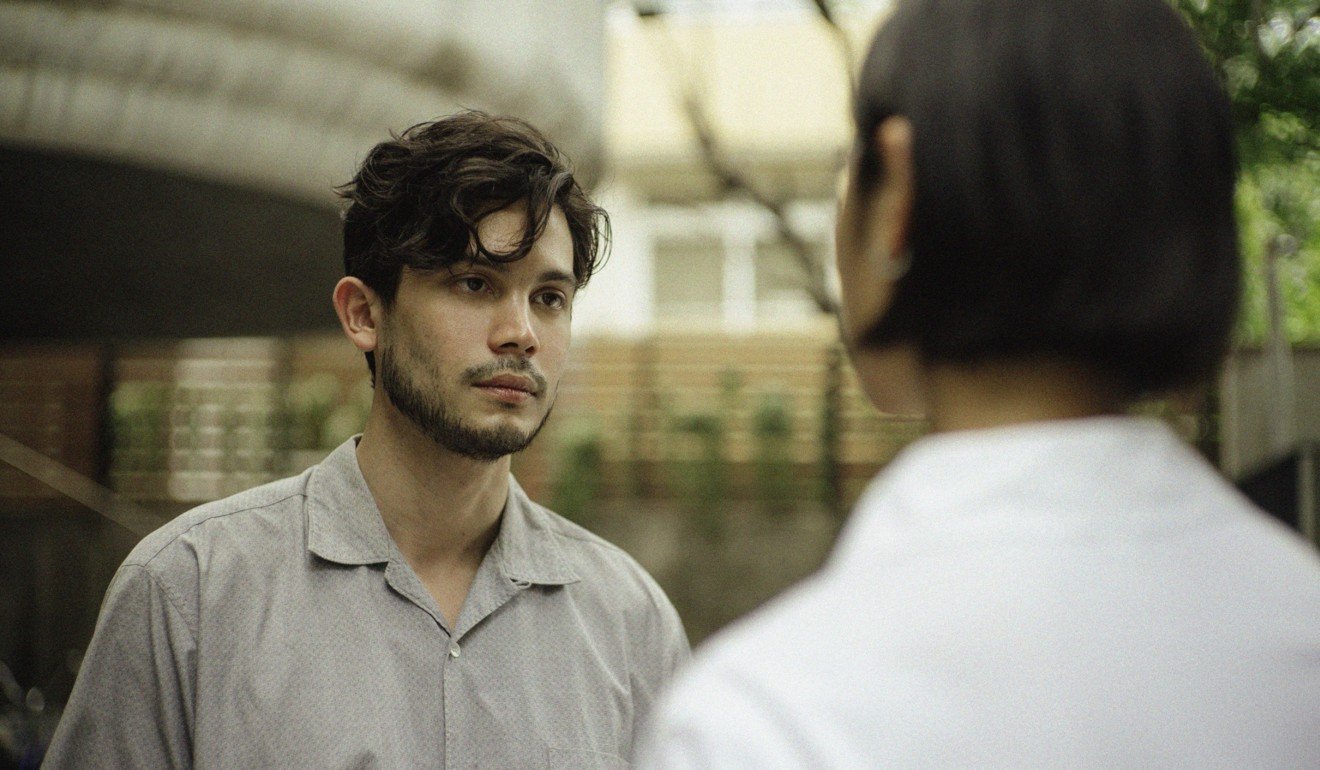
3/5 stars
Japanese decluttering consultant Marie Kondo found global fame with her books and Netflix series Tidying Up with Marie Kondo, in which she encourages viewers to throw away unnecessary objects in their homes that don’t “spark joy” when held on to.
Happy Old Year, directed by Nawapol Thamrongrattanarit ( ), arrives as a direct rebuke to Kondo’s theory, arguing that everything we own is tied to a specific memory or person that deserves to be cherished.
star Chutimon Chuengcharoensukying, or Aokbab as she is more conveniently known by, continues her transition from model to one of Asia’s most promising young stars with this film.
She plays Jean, who returns to Bangkok after three years in Sweden with the hope of becoming an interior designer. The first project for her minimalist aesthetic is the family home, a two-storey store conversion filled with a lifetime’s worth of seemingly unimportant clutter.
Jean’s primary target is a piano, which has gone unplayed since her father left many years earlier, but her mother (Apasiri Nitibhon) and brother, Jay (Thirawat Ngosawang) are reluctant to part with the sole remembrance of the man who abandoned them.

Jean’s efforts also unearth a number of items belonging to her old classmates, not least her ex-boyfriend Aim (Sunny Suwanmethanont). Setting out to return everything to its rightful owner, Jean begins a journey of nostalgic self-reflection, made more painful by the discovery that Aim has a new girlfriend, Mi (Sarika Sathsilpsupa).
Lovers of physical media, and hoarders in general, will be left traumatised by Jean’s cold-hearted actions, but it quickly becomes apparent that writer-director Nawapol’s own sentiments run contrary to his protagonist’s.
Over two painfully long hours, Jean slowly comes to the realisation that her father’s departure is still influencing every decision she makes. She has become a cold, emotionally inert young woman, who can only protect herself by cutting off everything in her life that triggers an emotional response.

Chutimon is remarkable in the lead role, sparking joy in the audience even though her character is unlikeable to the point of sociopathic in her actions. The final shot alone, a haunting moment of tragic self-realisation, is the finest piece of acting to date from a performer of undeniable promise.
It is somewhat frustrating, however, that Nawapol chooses this moment with which to end his film, as Jean finally catches up with the audience and everyone around her but is yet to find any meaningful catharsis or resolution.
Want more articles like this? Follow SCMP Film on Facebook







